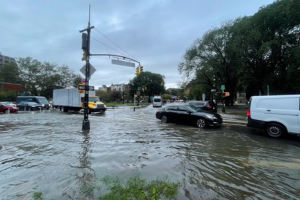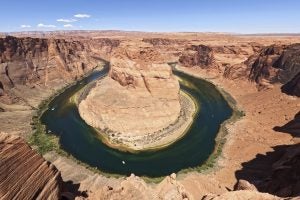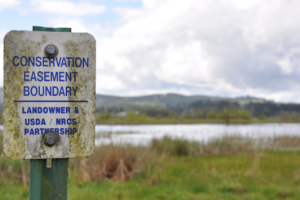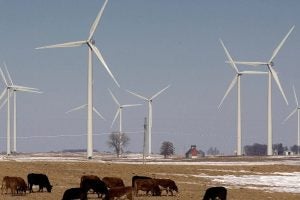
Is a Library-Centric Economy the Answer to Sustainable Living?
October 23, 2023 by Philip Vachon State and Local SustainabilityWe need a consumer economy centered around "libraries of things" so we can do more with less.

We need a consumer economy centered around "libraries of things" so we can do more with less.

If a college student makes a sound, have they created a significant environmental effect?

After New York City experienced shocking flash floods on September 29th, its lack of long-term solutions to chronic flooding has come under media scrutiny. In this article, Connor Kolet addresses the shortcomings of new short-term disclosure policies for renters in flood zones, and why more needs to be done for low income and vulnerable tenants.

July 2023 was the hottest month on record. As extreme temperatures become the norm, many workers find themselves without adequate workplace protections. With heat-related deaths on the rise, more must be done to secure workers' safety in a warming world.

The American West is dry. Despite extreme weather events like the series of atmospheric rivers that doused the West Coast (from late 2022 until the time of this piece’s composition), capable of dumping up to half an inch of rain an hour,[1] the overall…

The Internal Revenue Code allows taxpayers to claim an income tax deduction for donating perpetual conservation easements to qualified organizations.[1] The federal government has foregone billions of dollars of tax revenue in exchange for such easements…

Unprecedented, warmer, wetter winter seasons have ski communities across the Alps fearful of how rising temperatures and the looming reality of climate change might impact the winter sports industry in the years to come.[1] By contrast, in the Western…

Iowa is often seen as a drive-through state, known for its flat interstates, tall cornfields in the summer, and more recently, the seemingly never-ending array of windmills seen through car windows. At first glance, wind energy seems the perfect renewable…

On November 20th, 2021, the Red Hill Bulk Fuel Storage Facility in Honolulu leaked 14,000 gallons of water and fuel.[1] The facility, constructed in the early 1940s, holds over 100 million gallons of fuel a mere 100 feet above the Southern Oʻahu Basal…

When the New York Court of Appeals agreed in May 2021 to hear the habeas corpus case of an Asian elephant named Happy, it marked the first time that the highest court of any English-speaking jurisdiction agreed to hear a habeas corpus case brought on…